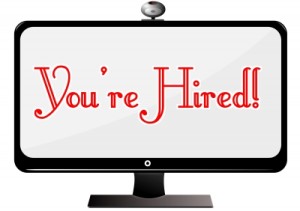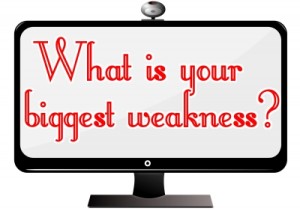Today is Labor Day, Monday, September 2, 2013. Historically Labor Day has been a day when laborers have the day off from work. It’s supposed to celebrate the social and economic achievements of American workers. But if you are a job searcher, it is the start of the job search season. Or should I say the last day of the summer job search pause.
Many job searchers have taken the summer off because they think no one hires in the summer. If you are one of the many who continued your job search all summer, take the day off and celebrate your efforts. Tuesday both groups of job searchers will be back to searching for jobs. And the competition will be stiff.
Here are some websites that will get you back to the job search:
The U.S. Department of Labor website, lists resources for the job search. They include:
Job & Training Information
- USA Jobs – Jobs in the Federal Government
- Career Guide to Industries
- Career Tools & Services
- Employment Opportunities at the Department of Labor
- MySkills MyFuture
- MyNextMove
- MyNextMove for Vets
- Occupational Outlook Handbook
- Occupational Outlook Quarterly
- One-Stop Career Centers
- Senior Community Service Employment Program
- Services for Job Seekers
Layoff Resources
- Career Tools & Services
- Dislocated Workers: Rapid Response
- Information for Dislocated Workers
- State Dislocated Worker Coordinators
- State Unemployment Benefits Offices
PC Magazine posted an article in June about The Best Job Search Websites. It is a slide show of job search websites (Dice, MediaBistro, Monster, Careerbuilder etc.) and has a brief explanation about the site and what you can expect.
The Riley Guide provides information on How to Job Search, how to Explore Career Options, lists of Networking and Support Groups and resources to help you find Counselors, Coaches, and Mentors. You can find lists of Sites with Job Listings and job banks, executive search firms, recruiters and staffing firms for all 50 states.
I think these three sites have enough information for your job search to off to a good start tomorrow.
How can I help you in your job search?
Photo: freedigitalphotos.net: nuttakit





